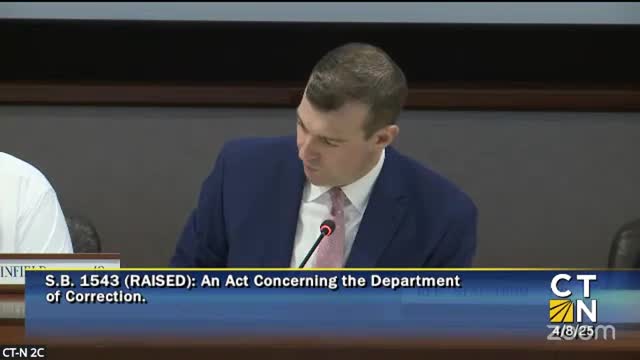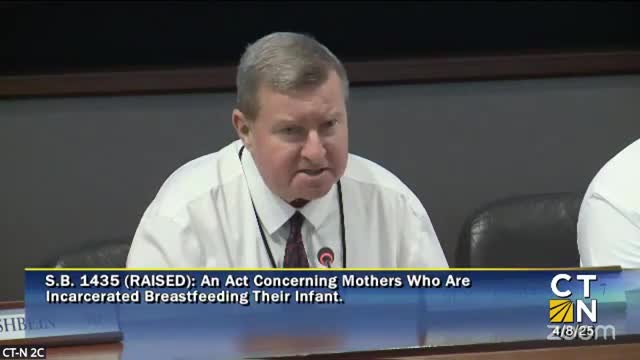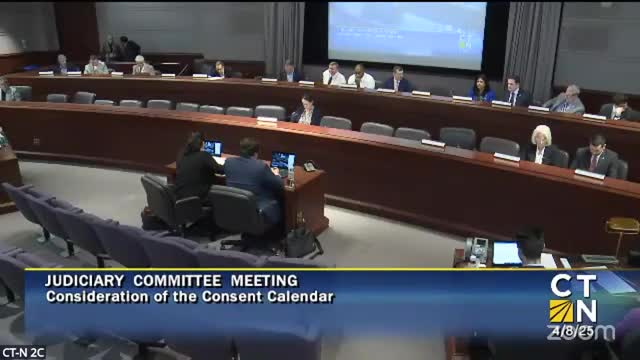Article not found
This article is no longer available. But don't worry—we've gathered other articles that discuss the same topic.

Judiciary Committee advances Department of Corrections omnibus bill with changes to intake care, searches and staffing

Committee advances Office of the Correction Ombuds bill after extended debate over powers and removal process

Judiciary Committee debates Trust Act expansion aimed at limiting local cooperation with federal immigration enforcement

